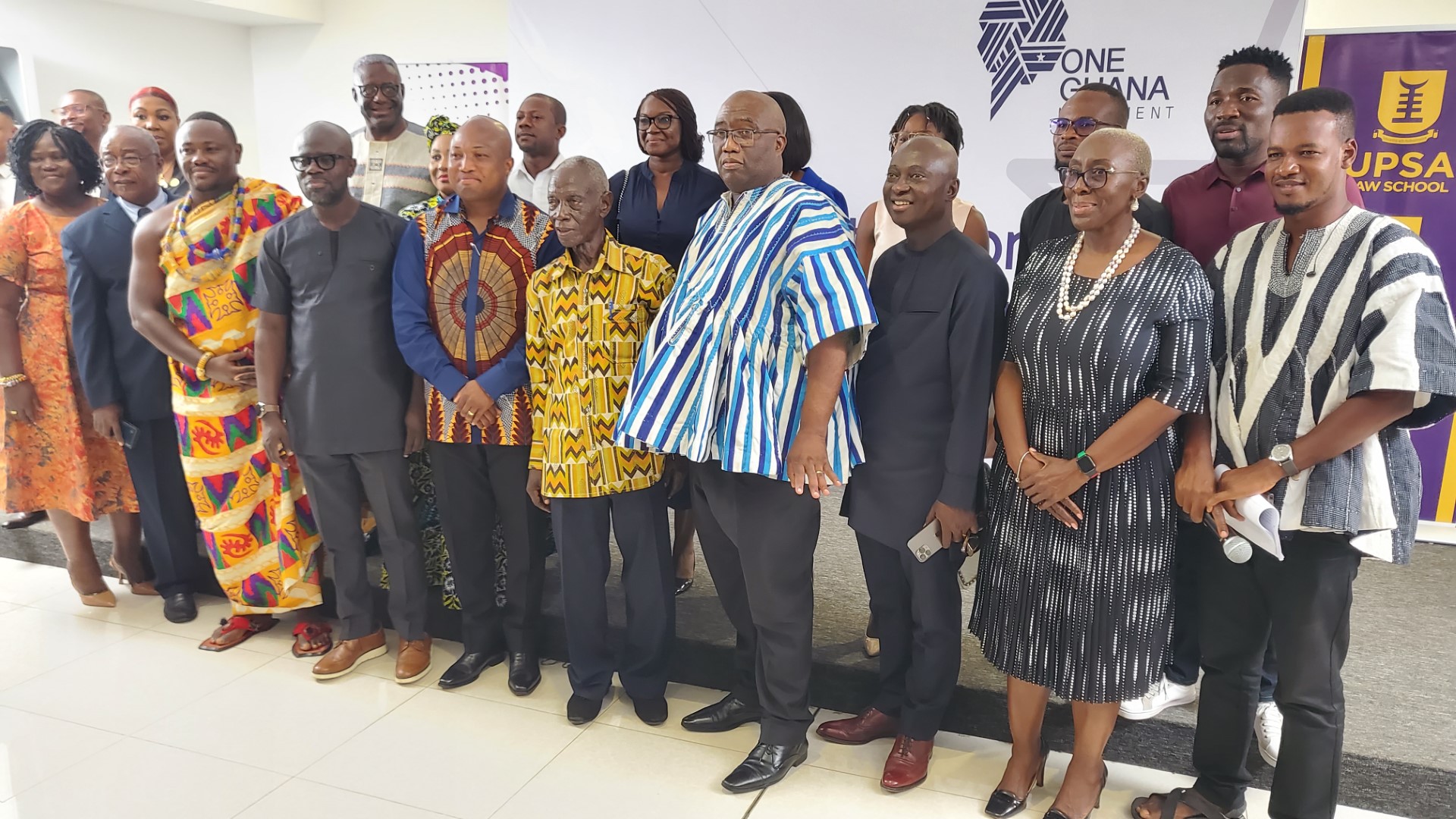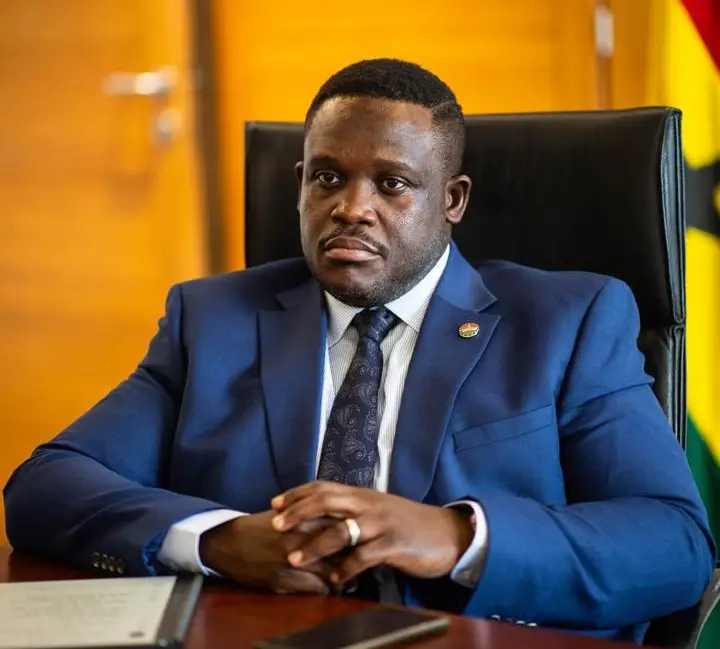
Former Chairperson of the Electoral Commission, Mr. Kwadwo Afari Gyan has suggested that Ghanaians living abroad should be allowed to vote only on Presidential candidates in next year's general elections.
"I think we should spare those in the diaspora from district level elections in view of the huge number of electoral areas and rather concentrate on the presidential elections."
His comment comes on the heels of efforts by the EC to meet the deadline for implementation of the Representation of the Peoples Amendment Act (ROPAA), Act 699, by the 2020 general elections.
The law, meant to allow Ghanaian citizens, including dual nationals in the Diaspora, to be registered and vote from abroad has not been implemented since it was passed in 2006.
However, following a court ruling on the issue in 2017, the EC has set up a committee with a roadmap to ensure the implementation of the law in next year's election.
Speaking on "improving the electoral process for democratic consolidation," at the New Year School in Accra yesterday, Dr Gyan stressed "it will be most practical and cost effective to allow Ghanaians living abroad to vote only in the presidential elections and to register and vote in person at our embassies and consulates".
In his view, voting either by proxy or mail could be dire as such systems were not only opened to abuses but could cause problems for the timely release of results due to difficulties in processing huge number of applications by the Commission.
For countries that had allowed their citizens to vote in both Presidential and Parliamentary elections, Dr Gyan believed that had been possible as a result of a "proportional representation system where citizens vote for political parties and not for candidates of specific constituencies."
"I am mindful that this position implies that we cannot take the stance that every qualified Ghanaian everywhere should be registered to vote but I think that such a stance would straightaway present us with an impracticable situation," he maintained.
The former EC Boss expressed disappointment in the country's big political parties, apparently in reference to the National Democratic Congress and New Patriotic Party, for being sluggish with the establishment of a standing fund to support activities of parties in the country.
According to him, though both parties consented to the idea of fund political parties while in opposition, the reverse was the case once they assumed power and "up till today, we have no fund established to support activities of political parties."
"When a party is in government, it does not want public funding, when it is in opposition, it wants it and one wonders if it's a situation of needs or wants. The situation clearly shows that our two leading parties lack a principled stand on the issue of public funding for political parties.
But there is the need for such a fund, because without public support, it may be impossible to get our political parties to do any decent accounting of their finances," which could affect prospects of strengthening the country democracy through a efficient electoral system.
Dr Afari Gyan encouraged Ghanaians to broaden their knowledge on electoral processes to make significant inputs to its improvement adding that, "voter education is very important as various stakeholders must know what to expect and how to participate.
Sustaining and consolidating electoral gains involves predictability and knowledge of the electoral process," he stressed.
The Executive Director of the Institute for Democratic Governance (IDEG), Dr Emmanuel Akwetey observed that "present circumstances was opening up room for more discussions to reform the country's electoral process."
As such, he called for increased public education on ongoing reforms to allow for active participation such that no one was left behind and the country's democracy was further sustained.
Read Full Story






















Facebook
Twitter
Pinterest
Instagram
Google+
YouTube
LinkedIn
RSS